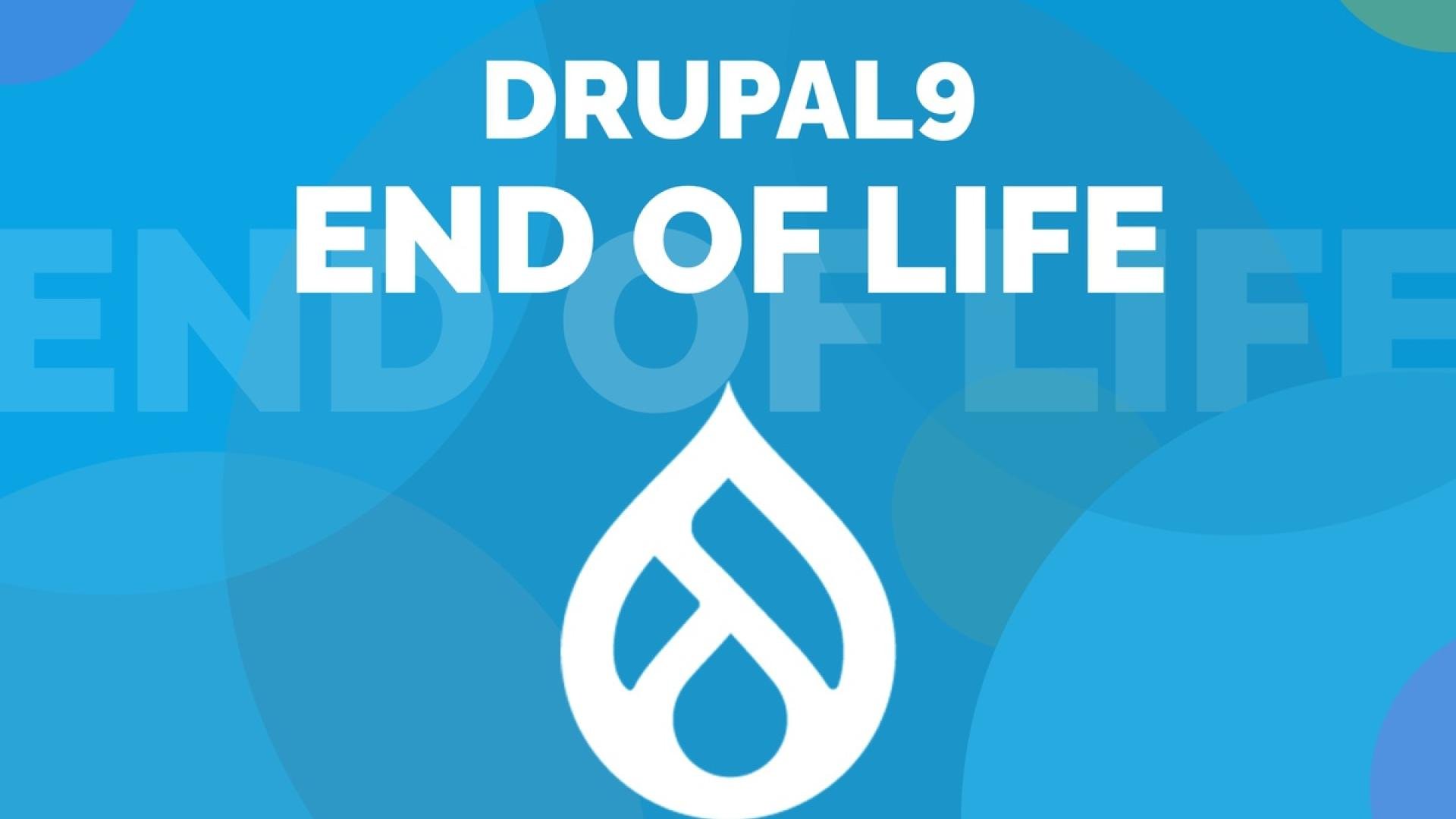Drupal 9's End-of-Life Looms: Why Upgrade to Drupal 10
The blog post titled “Drupal 9 end of life on November 1, 2023: why we need to move to version 10 of the CMS” on Archibuzz discusses Drupal 9 reaching the end of its life cycle on November 1, 2023. This pivotal development means the platform will cease receiving vital official security updates, bug fixes, and new features from the devoted Drupal developer community. Unlike the end of life for Drupal 7, which we recently discussed, this transition is necessitated by the expiring components - Symfony 4 and CKEditor 4 - upon which Drupal 9 was released. To harness the latest versions of these essential components, users must upgrade to Drupal 10.
The consequences of Drupal 9's end-of-life are significant. Sites running on Drupal 9 become susceptible to security risks, potentially exposing them to hacking attempts and the theft of sensitive data. Sticking with an EOL version of Drupal limits compatibility with new features that can enhance your website's functionality, such as libraries, plugins, and more. To make matters more challenging, the Drupal developer and user community will no longer provide active support for Drupal 9, complicating issue resolution and support.
To mitigate these risks and harness the benefits of a more secure and advanced CMS, upgrading to Drupal 10 is the recommended course of action. Drupal 10 brings improved features, continuous security updates, long-term support, and enhancements in both the front-end and back-end aspects. These include the introduction of the Olivero and Claro themes, as well as the adoption of CKEditor 5 and Symfony 6 for an enhanced editorial experience and reliability. As Drupal 9 nears its end, upgrading to Drupal 10 ensures your website aligns with evolving digital demands. Learn more here.
Disclaimer: The opinions expressed in this story do not necessarily represent that of TheDropTimes. We regularly share third-party blog posts that feature Drupal in good faith. TDT recommends Reader's discretion while consuming such content, as the veracity/authenticity of the story depends on the blogger and their motives.
Note: The vision of this web portal is to help promote news and stories around the Drupal community and promote and celebrate the people and organizations in the community. We strive to create and distribute our content based on these content policy. If you see any omission/variation on this please let us know in the comments below and we will try to address the issue as best we can.




















